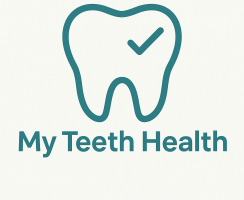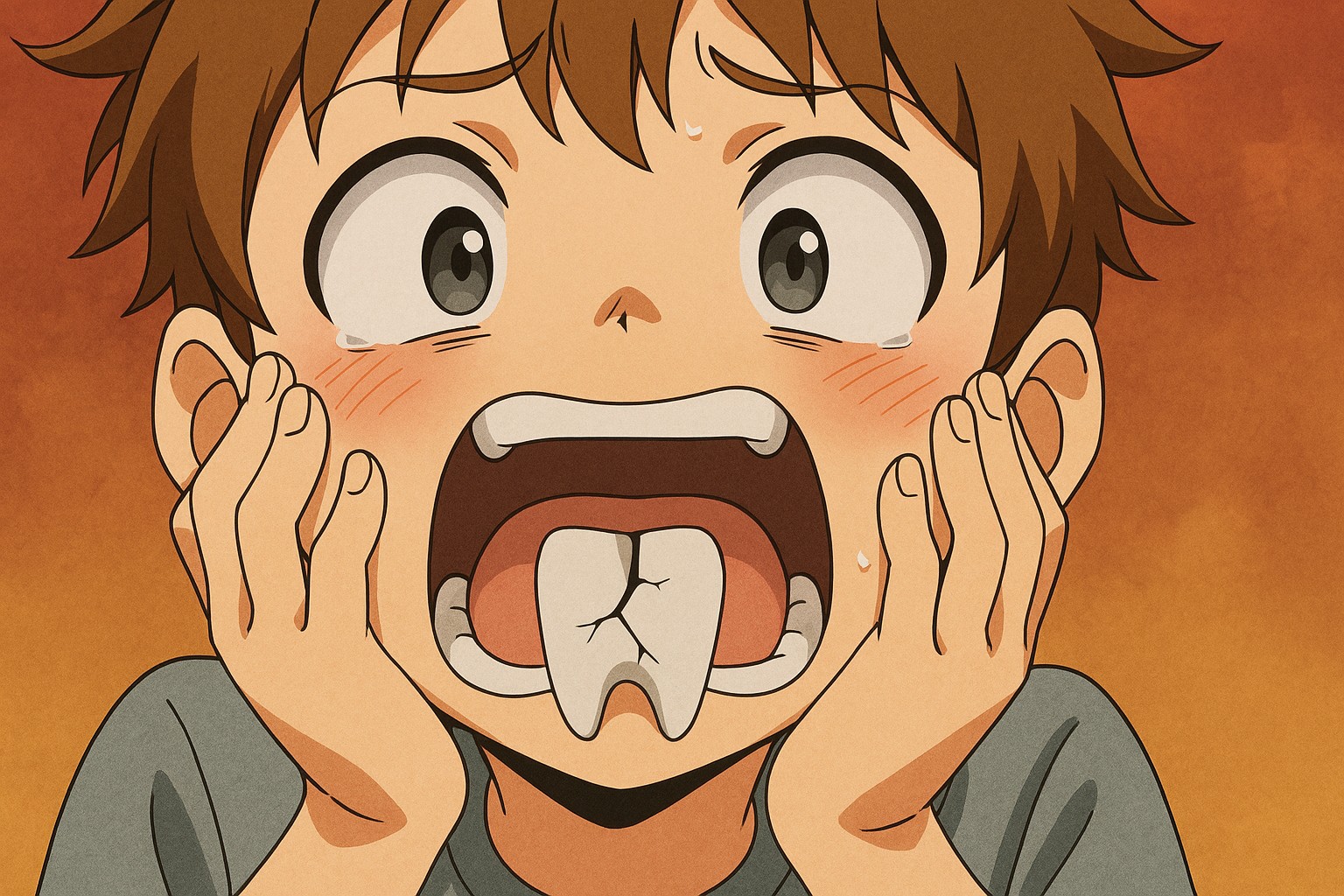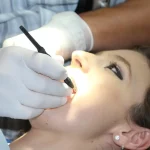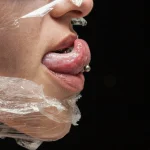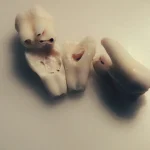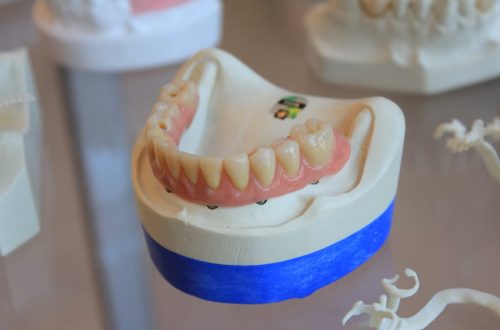Experiencing a sudden jolt of sharp, uncomfortable pain when sipping or swallowing cold water can be unexpected. This distressing sensation is known as tooth sensitivity. It affects millions of people across different age groups and lifestyles. Understanding the underlying reasons why your tooth hurts when drinking cold water and learning about effective dental sensitivity treatment options can help you manage discomfort and prevent worsening symptoms.
What Causes Tooth Sensitivity?
Enamel erosion and worn-down protective layers
The enamel is the hard, outermost layer of your teeth that acts as a shield against decay and physical damage. Over time, frequent consumption of acidic foods and beverages, such as citrus fruits, soft drinks, and vinegar-based itemscan wear down this protective layer.
Enamel erosion can also be exacerbated by habits such as teeth grinding (bruxism), using a toothbrush with hard bristles, or aggressive brushing techniques. As the enamel becomes thinner, the underlying dentin, which is more sensitive, becomes exposed, resulting in heightened tooth sensitivity.
Gum recession exposing tooth roots
Gum recession occurs when the gums gradually pull away from the teeth, exposing the underlying roots. Unlike enamel-covered teeth, the roots lack a hard protective layer, leaving nerve endings directly susceptible to external stimuli. This exposure can lead to sudden pain or sharp discomfort when your tooth hurts when drinking cold water. Gum recession is often caused by periodontal disease, aging, or improper brushing techniques. Protecting your gums and seeking early treatment for receding gums can significantly reduce the likelihood of developing tooth sensitivity in the long term.
Tooth decay (cavities)
Dental caries, more commonly known as cavities, can weaken the structure of your teeth. When decay progresses deep enough to reach the dentin or even the pulp—the innermost part of the tooth containing nerves—it can lead to pronounced pain upon contact with cold beverages or ice-cold water. Early detection and treatment of tooth decay through professional dental care are essential to prevent further damage and avoid severe tooth pain when drinking cold water.
Cracked or chipped teeth
Cracks or chips in teeth allow external stimuli such as cold water, hot beverages, or even sweet foods to reach the inner nerves, triggering sharp, sudden pain. Even minor fractures that may not be visible can cause persistent tooth sensitivity. Causes include trauma from accidents, biting on hard objects, or natural wear over time. Treating cracked or chipped teeth promptly with dental bonding, crowns, or sealants can restore protection and prevent worsening sensitivity.
Why My Tooth Hurts When Drinking Cold Water
The dentin layer beneath the enamel contains microscopic tubules that connect directly to the nerve centre of the tooth. When cold water enters the mouth, it causes rapid contraction of fluid within these tubules, which in turn stimulates nerve endings and generates sharp pain sensations. This is why even a small sip of cold water can result in an intense reaction. The body’s natural response to temperature changes highlights the importance of protecting sensitive teeth and addressing exposed dentin early on to reduce discomfort.
While occasional sensitivity may be considered a mild and normal reaction, persistent pain or severe discomfort can indicate more serious dental conditions such as advanced tooth decay, cracks reaching the pulp, or gum disease. Differentiating between mild tooth sensitivity and conditions requiring urgent professional attention is essential. Identifying the severity of the problem determines the most appropriate dental sensitivity treatment and can prevent long-term damage to the tooth structure.
Diagnosing Tooth Sensitivity
Visiting a dentist for a thorough evaluation is the most reliable way to accurately diagnose the cause of your tooth sensitivity. Dentists may perform visual examinations, X-rays, thermal tests, and other diagnostic procedures to assess the health of your enamel, dentin, gums, and tooth structure. A professional evaluation ensures that subtle signs of damage or decay are detected before they worsen.
Accurate identification of the root cause is critical for effective dental sensitivity treatment. Understanding whether the problem arises from enamel erosion, gum recession, tooth decay, or cracks allows your dentist to recommend targeted treatments that address the issue directly. Misdiagnosis can lead to temporary relief but may fail to prevent long-term damage.
Dental Sensitivity Treatment Options
Desensitising toothpaste and fluoride treatments
Specialised desensitising toothpastes contain compounds such as potassium nitrate or strontium chloride, which help block the transmission of sensation from the tooth surface to the nerve. Regular use can reduce discomfort over time. Additionally, fluoride varnishes, gels, and mouth rinses applied by a dentist strengthen the enamel, making it more resistant to temperature-induced pain and reducing overall tooth sensitivity.
Dental bonding or sealants
For teeth affected by gum recession or minor enamel loss, dentists can apply bonding agents or protective sealants to cover exposed dentin. This creates a barrier between the nerve endings and external stimuli, providing significant relief from tooth pain when drinking cold water. Bonding procedures are minimally invasive and can preserve the natural appearance of your teeth.
Root canal therapy for severe cases
In cases where decay or nerve damage is extensive, root canal therapy may be required. This procedure involves removing the affected nerve tissue from the tooth, cleaning and disinfecting the canals, and sealing them to prevent future infections. Root canal therapy effectively eliminates sharp, persistent pain and allows the tooth to remain functional and intact, providing a long-term solution for severe tooth sensitivity.
Home Remedies to Reduce Tooth Sensitivity
Proper brushing and flossing techniques
Practising correct oral hygiene is vital in managing tooth sensitivity. Use gentle, circular brushing motions rather than aggressive back-and-forth scrubbing, and floss daily to remove plaque and prevent gum recession. This approach protects enamel, maintains gum health, and reduces the likelihood of sensitivity worsening.
Avoiding acidic foods and beverages
Limiting consumption of acidic foods and drinks—such as citrus fruits, soda, and vinegar-based dishes—helps prevent enamel erosion. If acidic items are consumed, rinsing your mouth with water or waiting at least 30 minutes before brushing can reduce enamel damage. Being mindful of dietary choices plays a significant role in maintaining long-term dental health.
Using soft-bristled toothbrushes
Switching to a soft-bristled toothbrush reduces mechanical abrasion on enamel and sensitive areas of your teeth. This simple adjustment can significantly decrease pain associated with cold water and prevent further enamel wear over time.
Preventing Tooth Sensitivity in the Future
Maintaining enamel and gum health
Strengthening and protecting enamel and gums is the key to preventing future occurrences of tooth sensitivity. Daily use of fluoride toothpaste, maintaining a balanced diet rich in calcium and vitamins, and practising consistent oral hygiene routines help preserve the protective layers of your teeth. Healthy gums and enamel act as the first line of defence against discomfort from temperature extremes and mechanical stress.
Regular dental checkups and cleanings
Routine dental visits every six months allow early detection of potential problems such as enamel erosion, gum disease, or early decay. Professional cleanings remove tartar buildup, reduce plaque, and provide targeted guidance on maintaining oral health. Addressing issues early can prevent tooth pain when drinking cold water and protect the long-term integrity of your teeth.
Conclusion
In summary, tooth sensitivity can be caused by enamel erosion, gum recession, decay, or cracks in the teeth. Various treatment options exist, ranging from desensitising toothpaste and fluoride applications to dental bonding and root canal therapy for severe cases. Combining professional dental care with home-based preventive measures—including proper brushing, soft-bristled toothbrushes, and dietary adjustments—can greatly reduce tooth pain when drinking cold water and improve overall oral health. Early attention to sensitivity not only alleviates discomfort but also safeguards your teeth for years to come.
Frequently Asked Questions
1. How can I tell if my sensitivity is serious?
If your tooth hurts when drinking cold water persistently, lasts longer than a few seconds, or is accompanied by swelling, bleeding gums, discoloration, or severe pain, it is essential to consult a dentist immediately. Early intervention can prevent more extensive damage to the tooth and surrounding tissues.
2. Can lifestyle changes reduce tooth sensitivity?
Yes. Avoiding acidic foods and beverages, using soft-bristled toothbrushes, practising gentle brushing techniques, and maintaining proper oral hygiene can significantly reduce discomfort from tooth sensitivity. Lifestyle adjustments combined with regular dental visits provide long-term relief.
3. Are there over-the-counter treatments for mild sensitivity?
Over-the-counter desensitising toothpastes containing potassium nitrate or strontium chloride, as well as fluoride rinses, are effective for mild cases. Consistent daily use over several weeks often results in noticeable improvement in comfort and reduces pain triggered by cold drinks.
4. Is tooth sensitivity reversible?
While enamel that has been lost cannot regenerate, protecting existing enamel, addressing gum recession, and applying professional treatments can substantially reduce sensitivity. Early intervention can prevent progression and improve the overall resilience of your teeth.
5. How often should I see a dentist for sensitive teeth?
It is recommended to have regular dental checkups every six months. If you experience persistent tooth pain when drinking cold water, additional visits may be necessary to monitor your condition, apply preventive treatments, and manage underlying causes effectively.
References
- Cleveland Clinic: Sensitive Teeth: Causes, Treatment & Prevention
- Mayo Clinic: Sensitive Teeth: Causes and Treatments
- Crest: Teeth Sensitive to Cold: Causes and Home Remedies
- Northampton Dental: Chilly Drinks & Sensitive Teeth: What You Need to Know
- Perkins Dental: Why Does My Tooth Hurt When I Drink Water?
- Penn Pacific Clinic Center: Understanding Tooth Sensitivity After Dental Cleanings: Causes And Solutions
